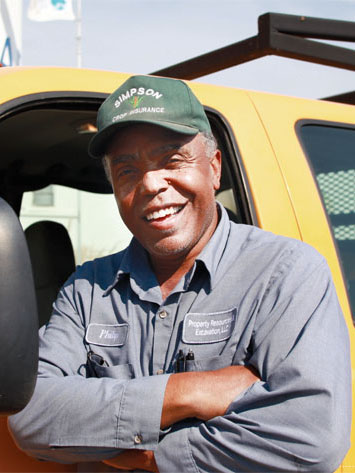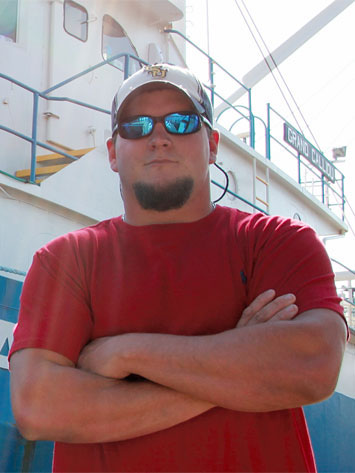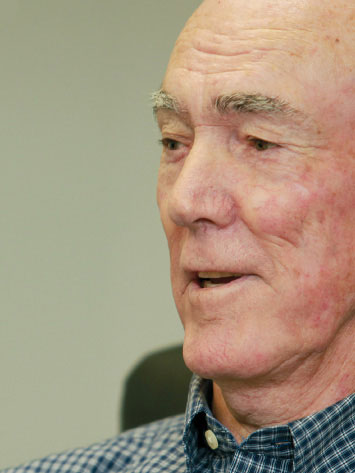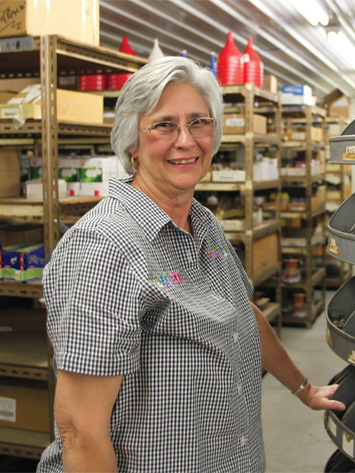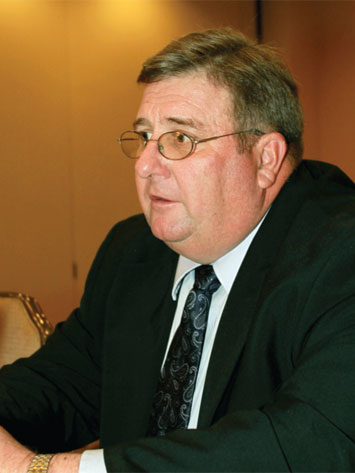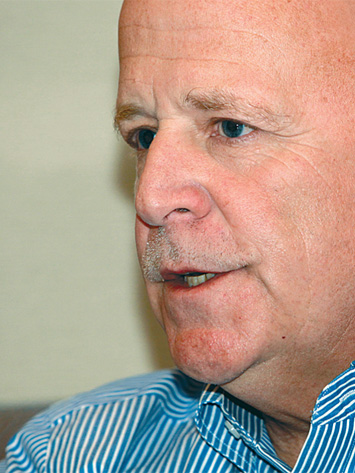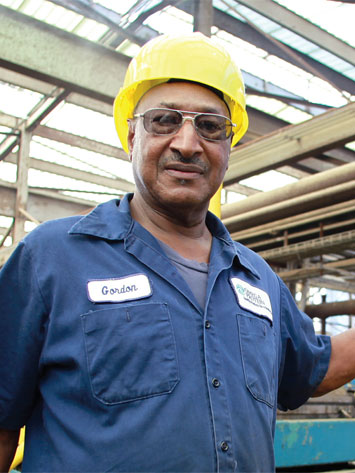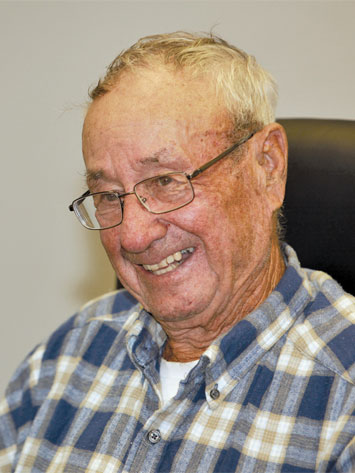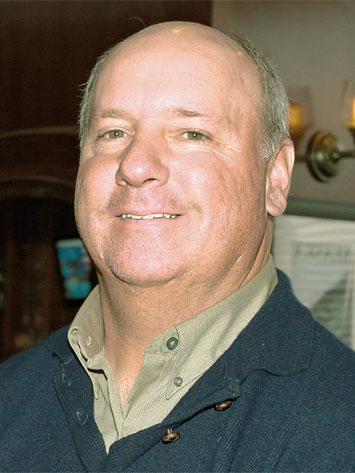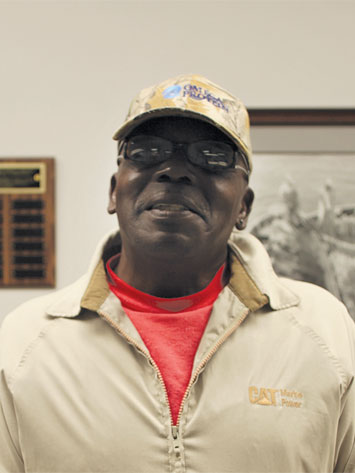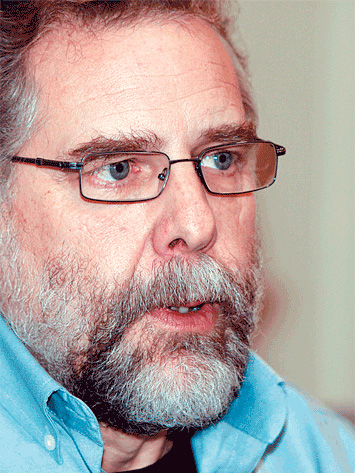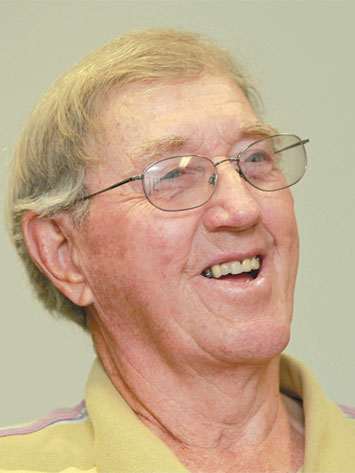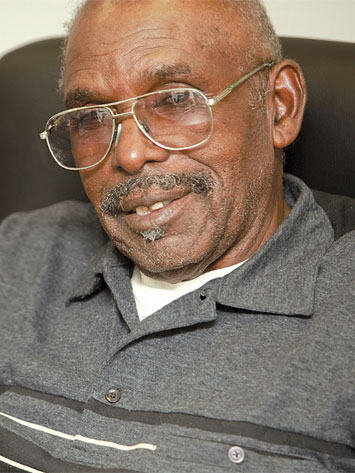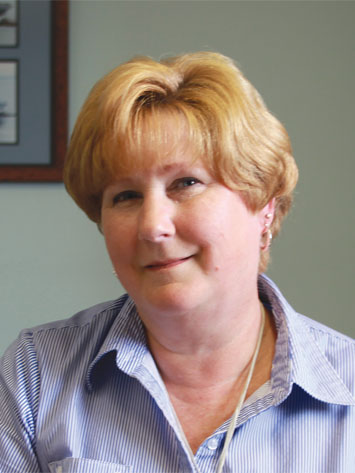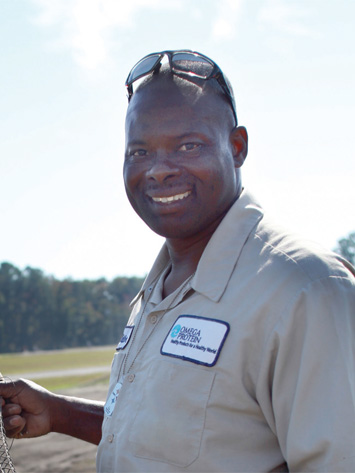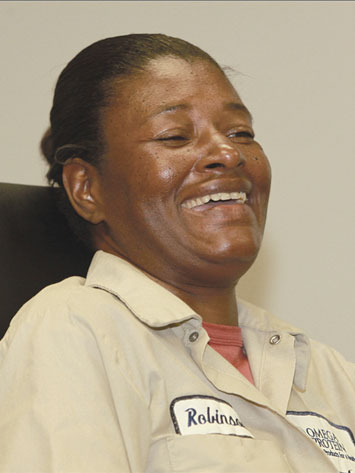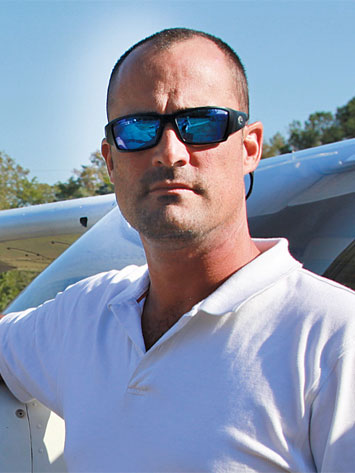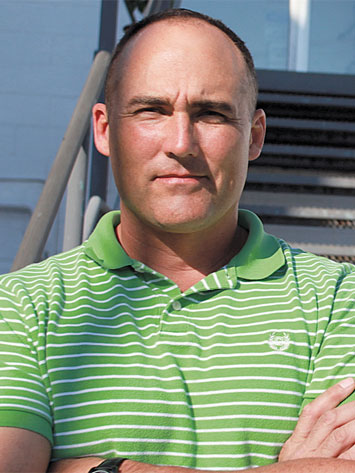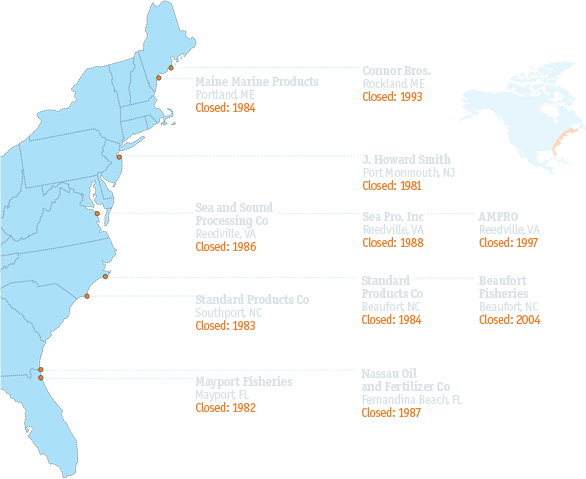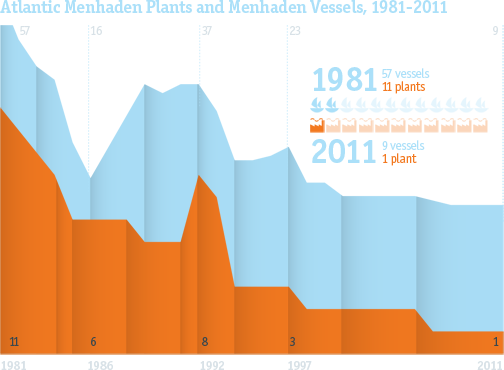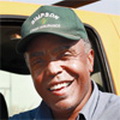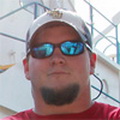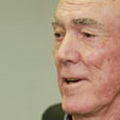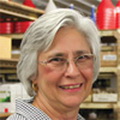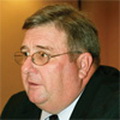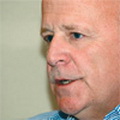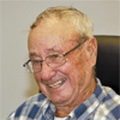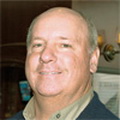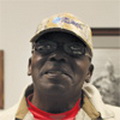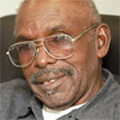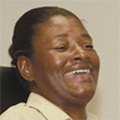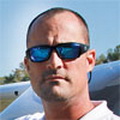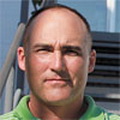"There's no substitute for hard work" Philip Haynie likes to say. To many in the Reedville community, Haynie is the embodiment of this expression. The great-grandson of a former slave, who became the county's first African American landowner, Haynie has made the operation of that land, which his family still owns, a priority. But farming isn't his only enterprise. Haynie's business acumen has made him a pillar of the regional community and economy, and his businesses remain central to its continued development. Haynie established and runs seven different corporations, including a real estate development firm and a transporting company, all in addition to the family farm. Among his clients, he counts Proctor & Gamble and Nestle Purina. For much of his success, though, Haynie is grateful to another client — Omega Protein. Growing up on the farm during challenging times, Haynie wanted to help his family as much as he could. So, he went to work for Omega, working night shifts unloading fish before managing to get to school each morning. The money that he earned put him through college at Virginia State University, and set him on a course that would not only help sustain the beleaguered family farm, but create and nurture the other businesses as well. "Without the education, none of the other pieces would fall together," he says.
For more than a century, the residents of small, hardworking towns along the Atlantic coast have made their living just as those before them. Taught to value hard work and their family’s name, they set off from shore early each morning, like their ancestors, in search of an abundant, yet highly valued catch: the Atlantic menhaden.
Passed down through coastal families for generations, the legacy of menhaden fishing is more than a treasured tradition. For the families and communities dependent on this abundant resource and the surrounding industry, it is their means of survival. And in so many of these small, rural towns, it is the only industry keeping the community economically afloat.
But the landscape that has so long defined these families and communities has changed dramatically. Increasing economic pressures and regulations have reduced the menhaden fishery to a fraction of what it once was. Today, much of what remains is limited to the town of Reedville, located in Virginia’s rural Northern Neck region. There, and in several other communities dotting the Atlantic coast, residents are staring down controversial regulations, while struggling to maintain what is left of their cherished livelihood.
These are their stories.


